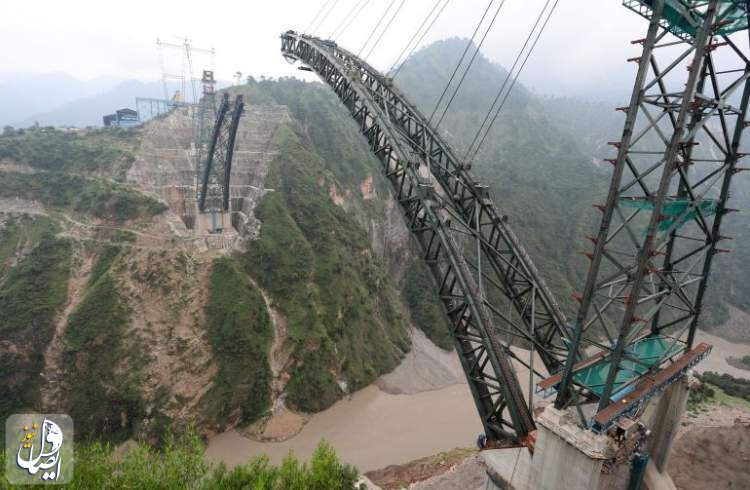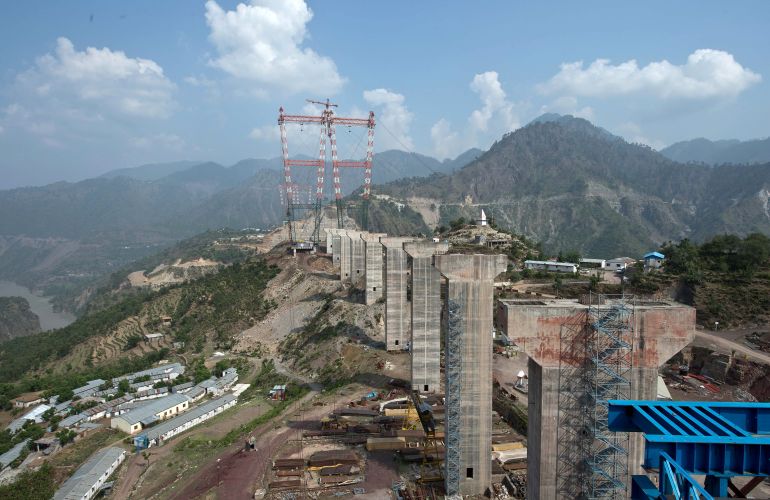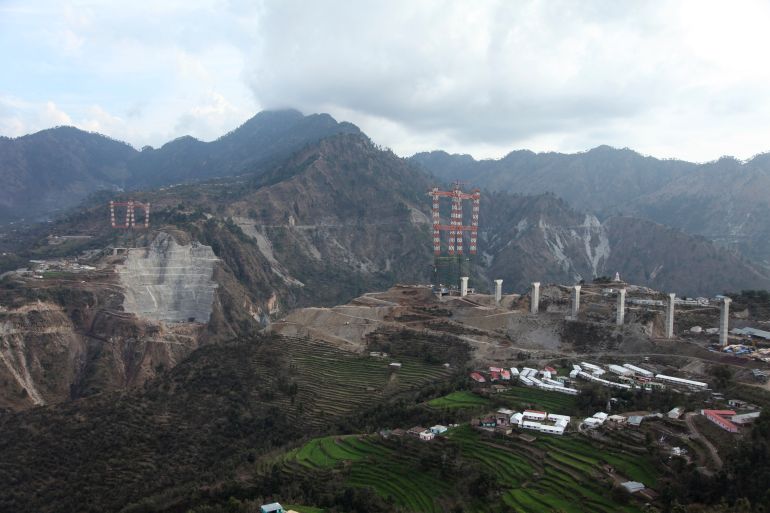The bridge over the Chenab River, taller than the Eiffel Tower, will provide all-weather connectivity with the valley. In the middle of the mighty Himalayas in Indian-administered Kashmir lies the world’s highest railway bridge.
- My message to the new world
- The signing ceremony of bilateral cooperation documents between Iran and Venezuela was held
- Ukraine says it has proof Russia was behind dam blast
- Chinese warship crossed in front of a U.S. destroyer in the sensitive waterway
- Russia’s Prigozhin claims complete capture of Bakhmut
- Blasts rock Russia-annexed Crimea
- World’s highest railway bridge to open in Kashmir soon
- Russian, Chinese, Iranian drills contribute to regional security
- Ex-student shoots dead 3 children, 3 adults at Tennessee Christian school
- Australia to buy as many as five nuclear subs from United States







